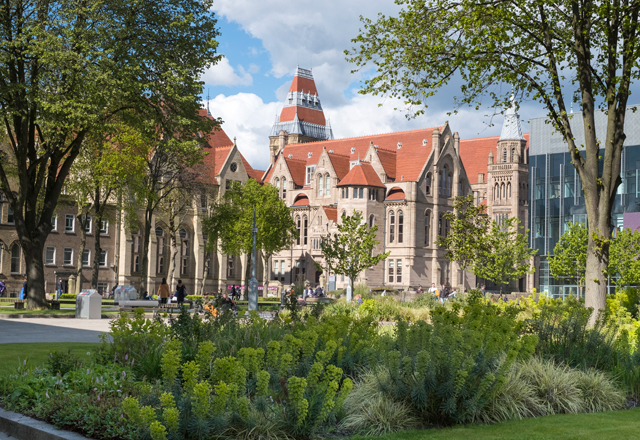Diversifying the Curriculum: Black Identities & Cultures in Latin America
Written by Professor Peter Wade
I applied for Diversifying the Curriculum funding for my course Black Identities & Cultures in Latin America (SOAN30661/70781) and used the money to bring a guest lecturer to deliver one lecture in the middle of the course. My rationale for this was that, when I taught this module in 2016-17, I received student feedback related to decolonising the curriculum and the suggestion that some diversity could be added to the delivery of the module by involving an invited lecturer, able to speak from a different perspective from my own (a white, middle-aged, European man). I applied for and was awarded SR money to bring an Afro-Mexican colleague (Dr – now Professor – Mónica Moreno Figueroa) from the University of Cambridge, who also works on issues of race/racism in Latin America, to give a guest lecture in 2017-18. Due to strikes and research buy-outs, the plan only came to fruition in 2021-22, when Monica finally made it to Manchester to deliver a guest lecture. I successfully applied for money to bring her again in 2022-23.
Monica is one of the few Black academic staff in Cambridge and very practised at dealing with issues of diversity, equality and inclusion in university contexts. She was until recently her University’s Race & Inclusion Champion and involved in initiatives to decolonise the University’s curriculum. She also has extensive experience of running anti-racism workshops in Mexico and elsewhere and she brings participatory techniques and approaches from this experience to her teaching.
The lectures were a great success with very positive student reaction and feedback made to me personally in the tutorials that followed the lecture. In 2021-22, Monica delivered a class on internal racism, which really engaged the students and enabled them to connect aspects of the course to their own experiences. In 2022-23, her lecture was on anti-Black racism in Latin America and it worked to synthesize the preceding material, but with a perspective shaped by Monica’s anti-racist activist experience and her own personal experience as a Black woman growing up in Mexico – which spoke to the theme of the intersections of race and gender that runs through the course.
It has been clear that the Monica’s presence and lectures enhanced student’s ability to reflect on racial diversity, racial inequality in Latin America and elsewhere, the effects of racism, problems of internalised racism and how this relates to efforts to combat racism and ameliorate racial and ethnic exclusion. Students valued seeing more diversity in the teaching staff, as this helps to challenge stereotypes and provides a diversity of role models.
I have been awarded further funding to carry out the same exercise this year and Monica and I are looking forward to collaborating again.







0 Comments